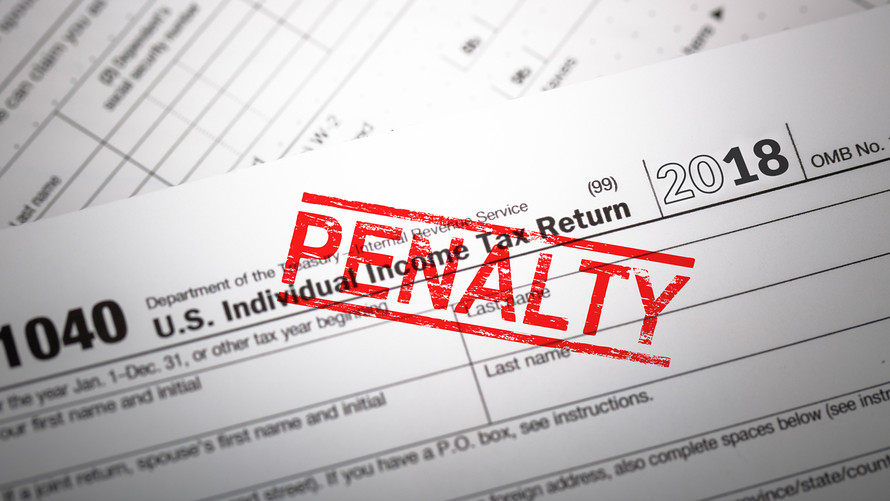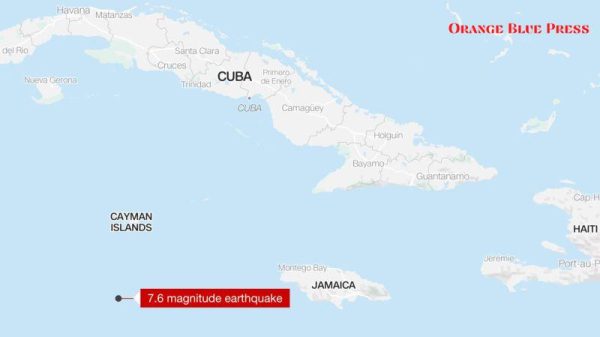The 2022 tax return deadline is on April 18, 2023. Later than this, you may be subject to late filing and charge penalties. However, you will not be penalized if you present a return or extension.

Consequences of not Paying 2022 Taxes (PHOTO: MarketWatch)
You should still electronically file an extension, a state tax extension, or a tax return, even if you owe taxes and cannot pay them by the tax deadline. Late filing fees are generally more expensive than late charge fees.
The IRS has announced that as a result of the epidemic, select 2019 and 2020 Returns will receive Covid tax relief. The IRS will refund approximately $1.6 million to qualified taxpayers who filed their 2019 or 2020 taxes late.
Penalties for failing to file and pay tax returns on time
The IRS calculates the Failure to File Penalty based on how late you file your tax return and the amount of unpaid tax as of the initial payment due date. The total amount of tax that must be reported on your return, fewer amounts withheld, estimated tax payments, and permitted refundable credits, is an unpaid tax.
According to the IRS website, filing penalties are calculated as follows:
- For each month a tax return is late, the penalty is 5% of the unpaid taxes, and it won’t exceed 25%.
- Suppose both the Failure to File and Failure to Pay Penalty is in the same month. A total of 5% for each month that your return was late.
- If you haven’t paid after five months, the Failure to File Penalty will max out, but the Failure to Pay Penalty will continue until the tax is paid, up to 25% of the unpaid tax as of the due date.
- If your return was more than 60 days late, the minimum Failure to File Penalty is $435 (for tax returns due in the past three years) or 100% of the tax due, whichever is less.




















